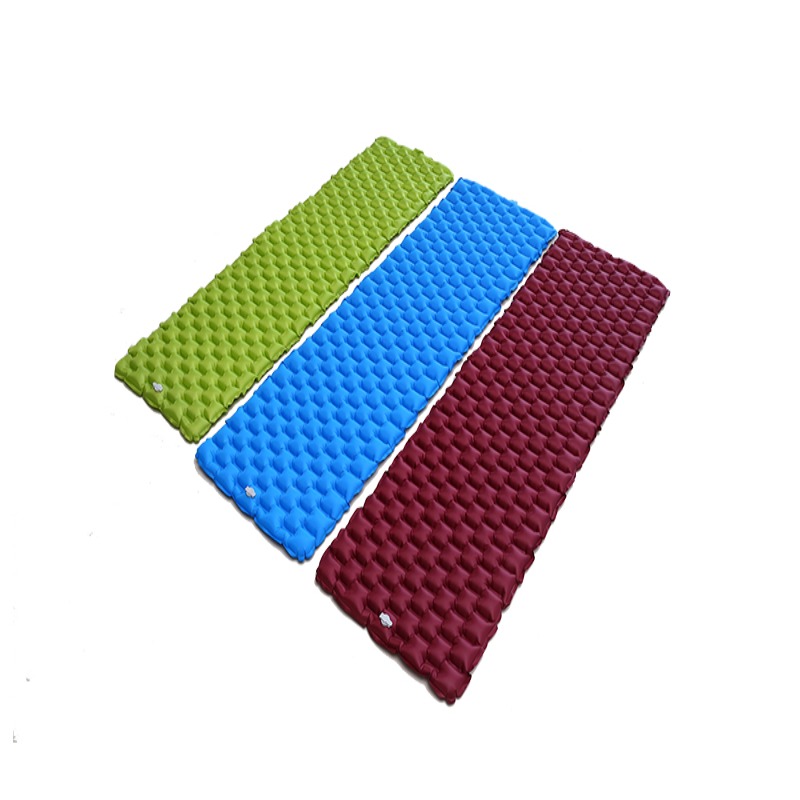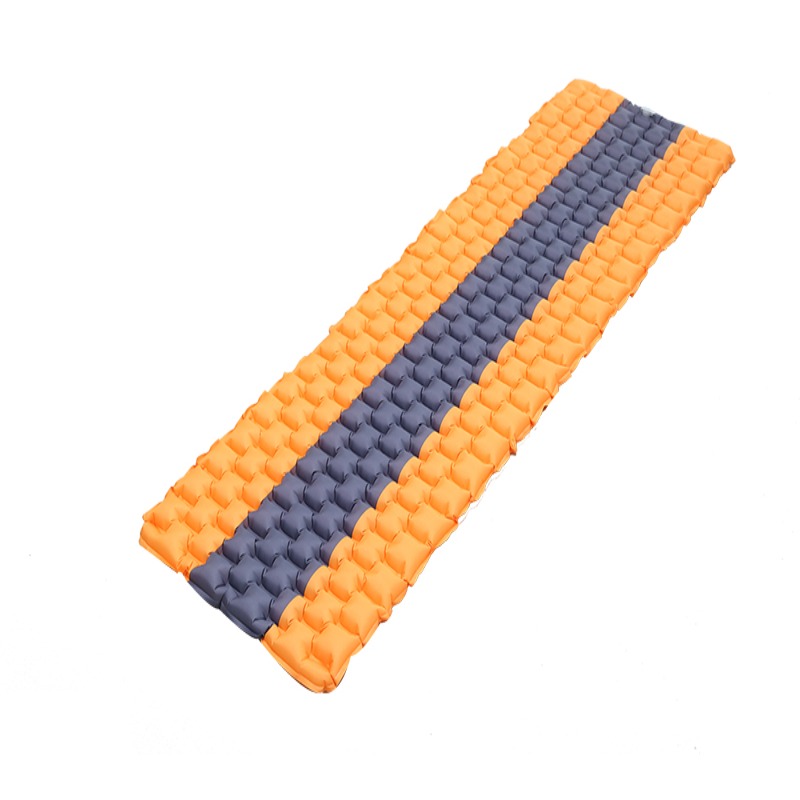Camping is not necessarily a bitter wind and sleep, as long as you master the following points, you can enjoy a five-star home even if you live in a tent.
Set up camps to suit local conditions-Camping is not easy, but there are also many doorways.
Camping on the grass, just insert the ground nail into the meadow and fix it. Image source: skyliners grass camping, just insert the ground nails into the meadow and fix it. Image source: skyliners
Ground with high tolerance, such as non-vegetated hard ground, rocks, gravel beaches or sand beaches, can carry heavy objects such as stones to press around the tent to prevent high winds;
Grounds with low tolerance, such as haystacks, leaf piles, grasslands, and sandy grounds, use ground nails to fix tents;
In the forest or where there are shelters, it is recommended to suspend the wind rope to pull the sky.
Use the stove skillfully when eating—After a long journey, if you can only eat simple road meals, there will be no happiness at all. At this time, you can take out a stove to carry a bread, boil a pot of hot porridge, or cook a pot of fragrant vegetable noodles, which can greatly enhance the camping experience.
Do not use stoves in tents. In particular, oil stoves not only have a pungent odor, but also easily spill fuel oil and cannot control firepower. This is a latent crisis. It is best to cook outside the tent or between well-ventilated inside and outside tents.
Sleep is warm and comfortable-being able to sleep well is arguably the most important thing. Here are a few tips to improve your sleep quality:
If the sleeping bag is not warm enough before going to bed, put the hot water cup in clean wool socks, and then put it into the sleeping bag to increase the temperature;
Cover the down jacket with warmth on the legs;
Do not bury your head in your sleeping bag to prevent breathing from making the tent wet.
Putting dry clothes and socks to wear the next day in a sleeping bag is also a good way to avoid getting cold.
若 If you feel cold before waking up or going to bed at night, you can do some exercises in your sleeping bag, such as sit-ups, squeezing your hips, massaging your hands and legs, and drink hot drinks to keep your temperature.
Accidental first aid-accidents will inevitably occur during camping. First aid kits should always be prepared with gastrointestinal drugs, cold medicine, analgesics, anti-inflammatory drugs, wind oil essence, band-aid, potassium permanganate, alcohol, iodophor, gauze, Yunnan Baiyao and other medicines.
Insect bites: When camping in mountain forests and grasslands, you should always keep mosquito-proof water, wind oil essence, sulfur soap, and other items.
Lightning: The only way to avoid thunder is not to be a high point in your area, and to avoid camping near the high point, otherwise you will be hit by an arc. When there is a thunderstorm, immediately turn off all electronic devices such as mobile phones and walkie-talkies; squat or sit on insulators such as foam pads, lean forward, put your feet together and hold your legs.
Loss of temperature: Most of the loss of temperature during camping is caused by the lack of a sleeping bag temperature scale to withstand the cold outside. If you have cold or wet clothes on your body, you should take off immediately and put on dry warm clothes. Slight temperature loss can be immersed in warm water at 40 ℃, heated by a fire, etc .; if the temperature loss is severe, use the "sandwich" wrapping method, use a sleeping bag to keep warm, and send it to the doctor as soon as possible.
The "sandwich" wrapping method, as the name implies, is to wrap the deaf person in a sleeping bag like a sandwich.

 简体中文
简体中文 English
English 日本語
日本語 Español
Español Deutsch
Deutsch











